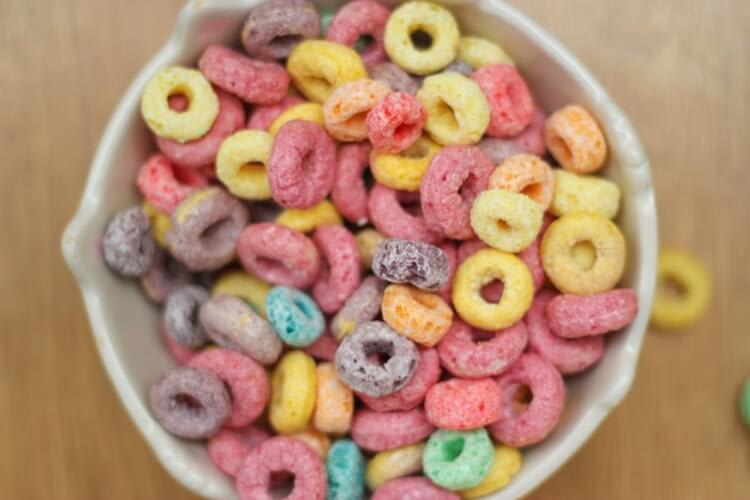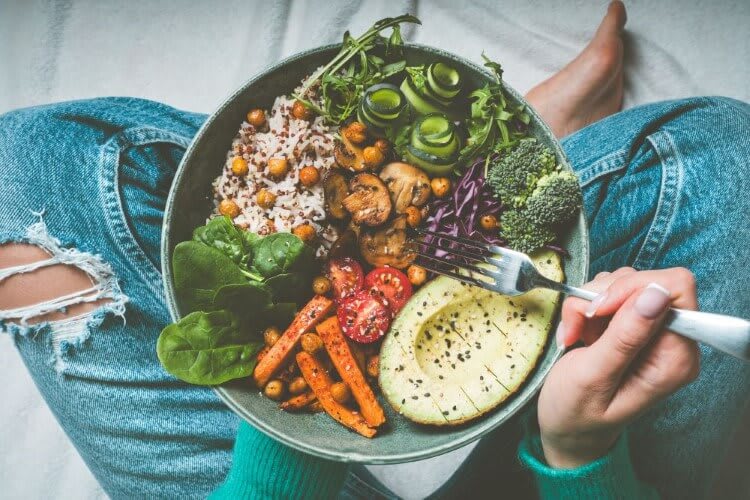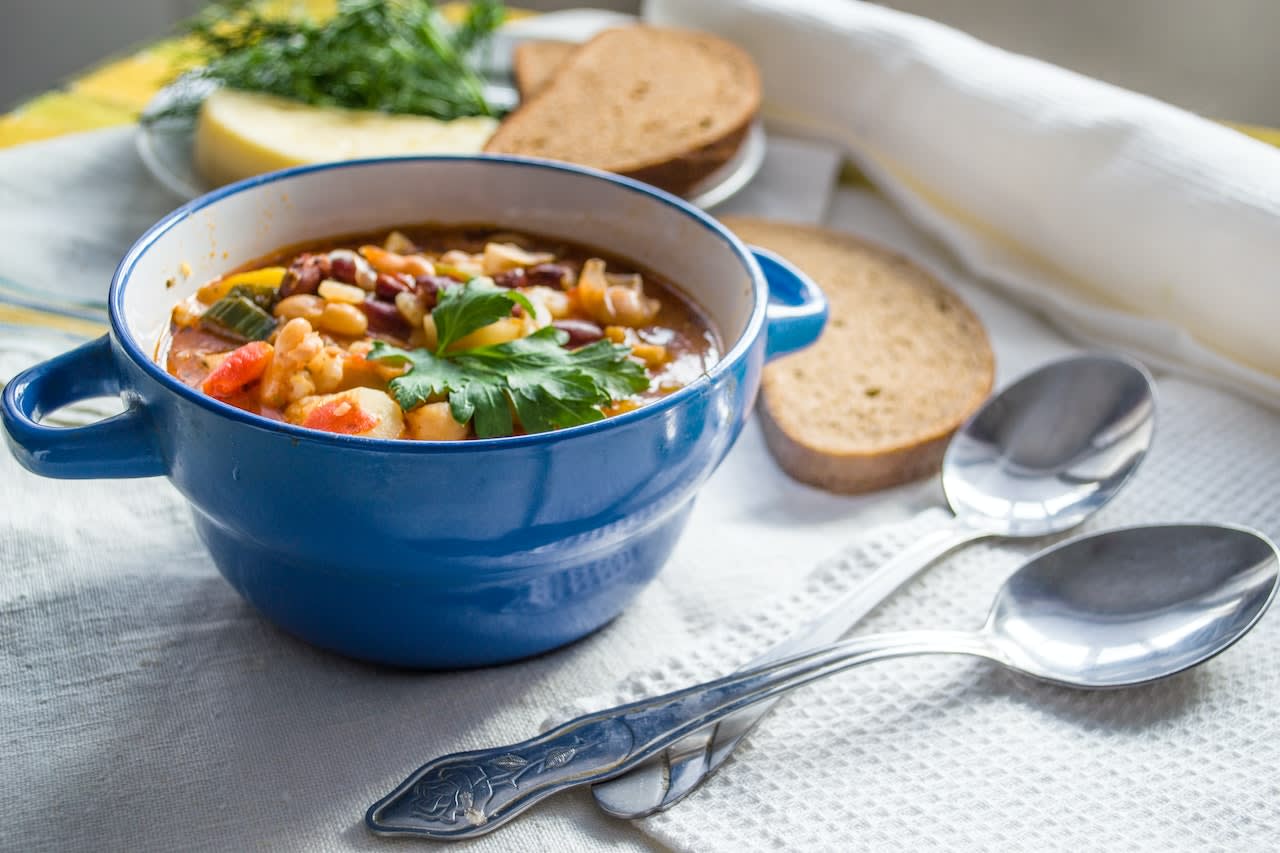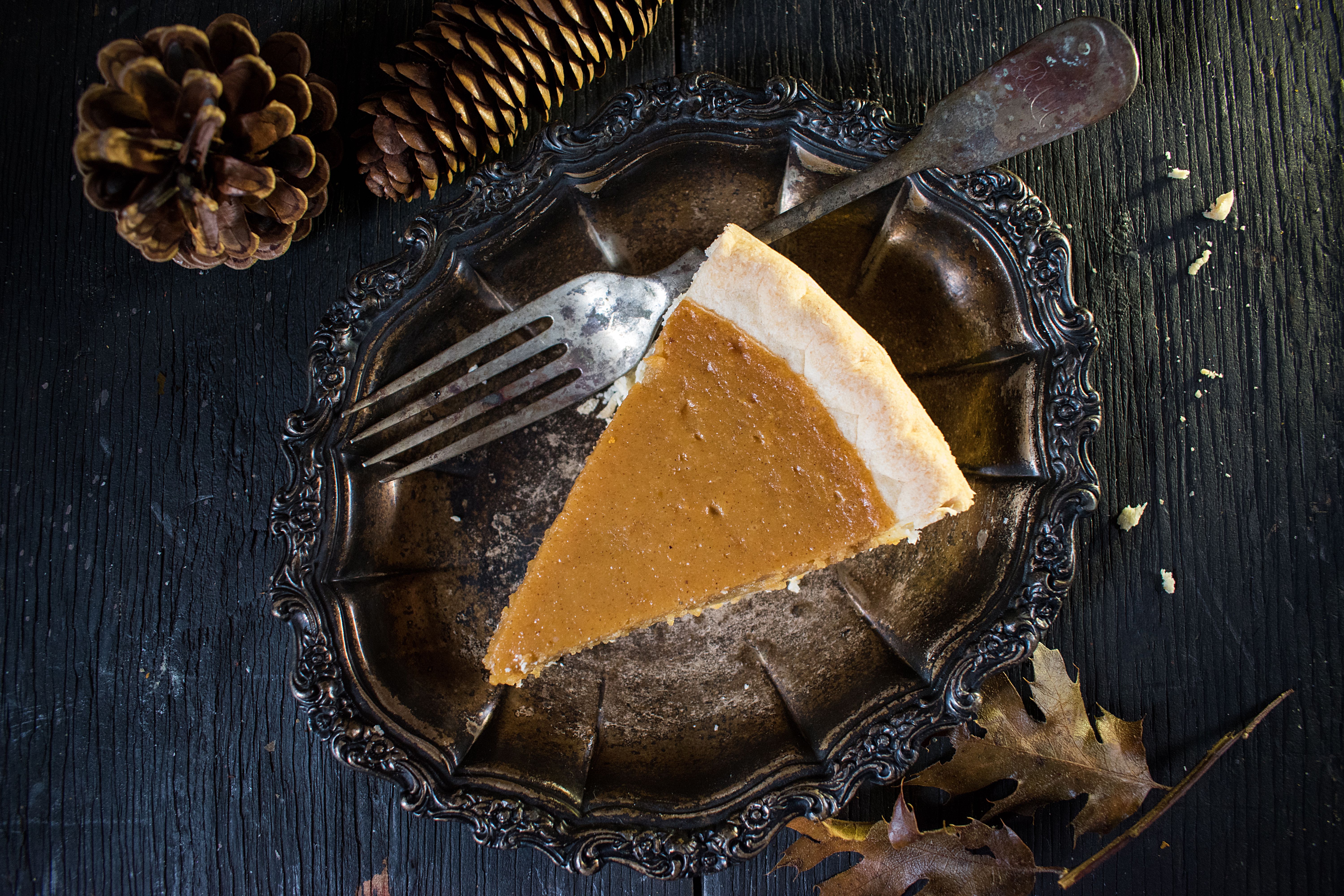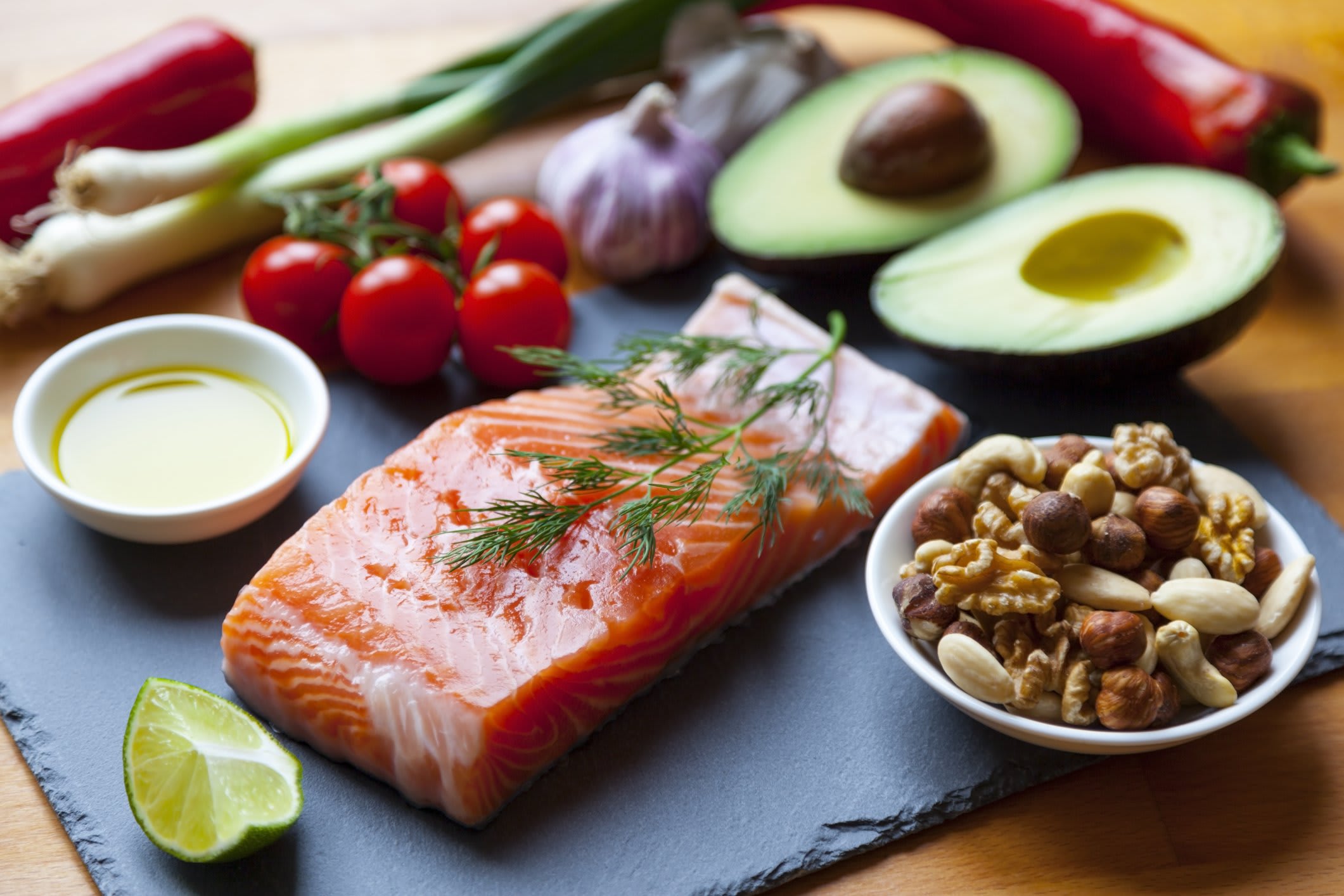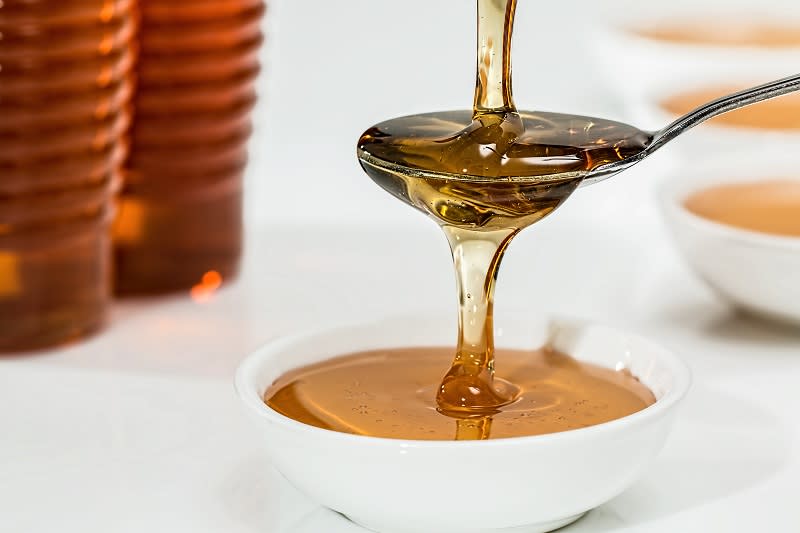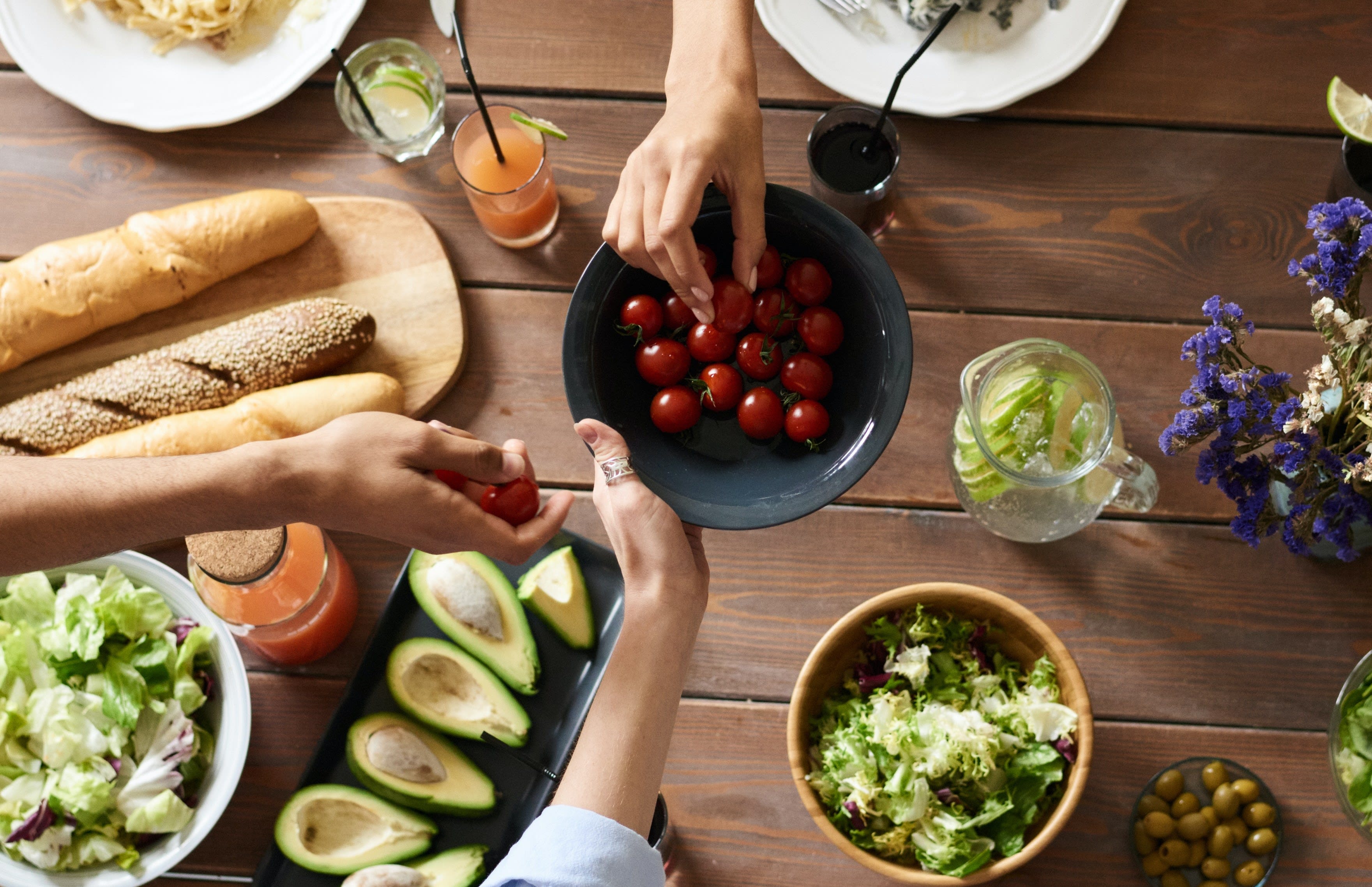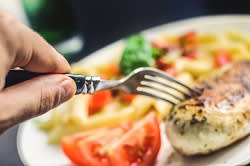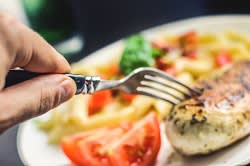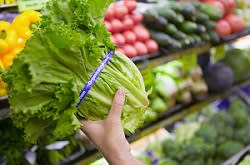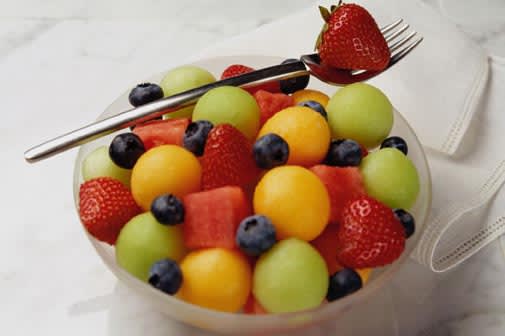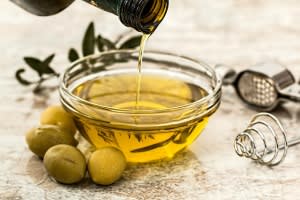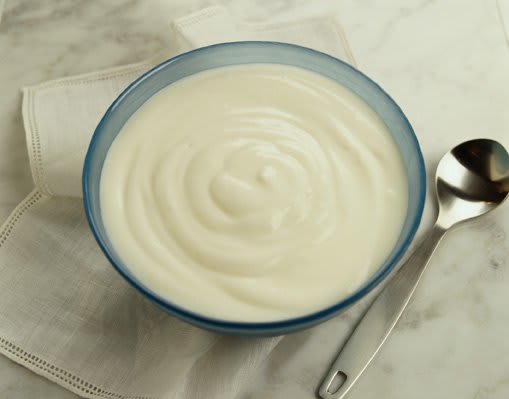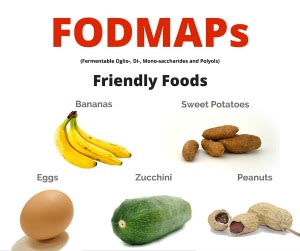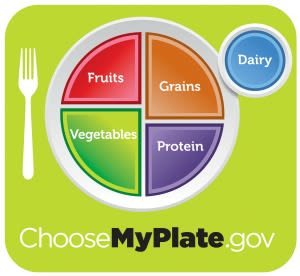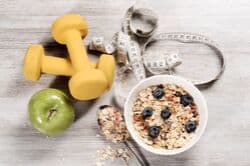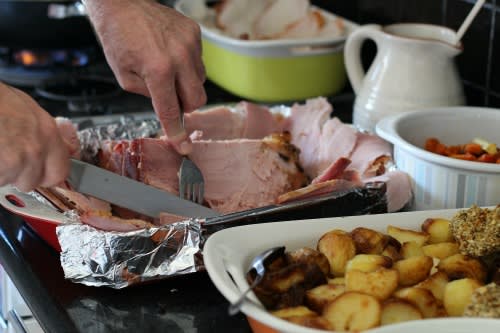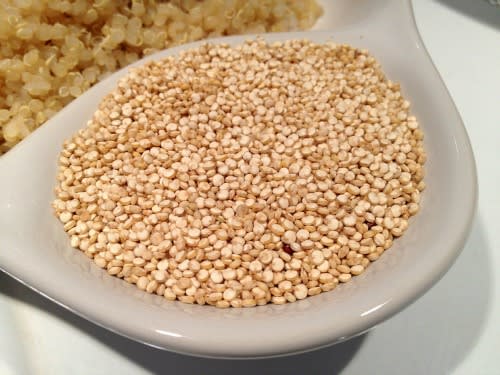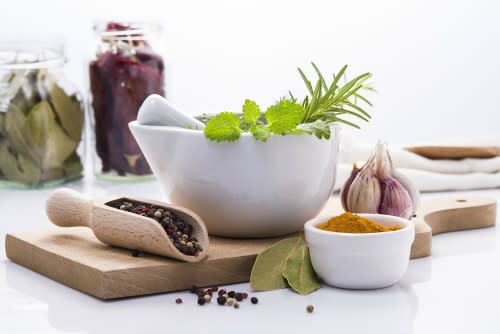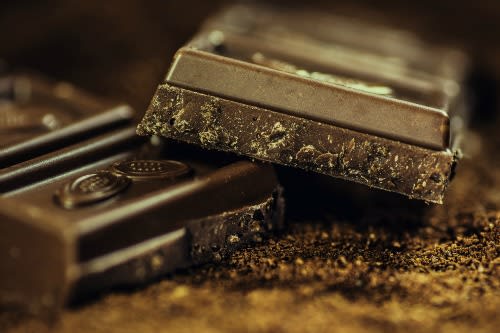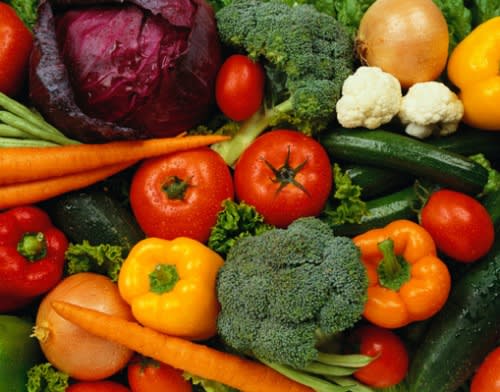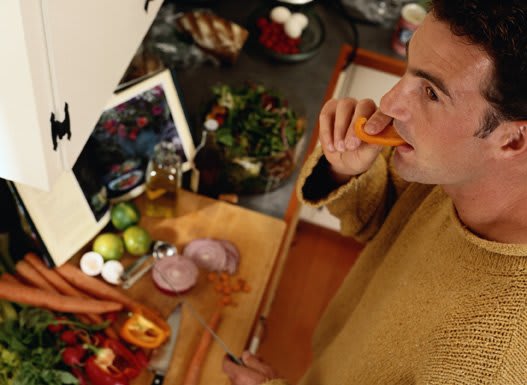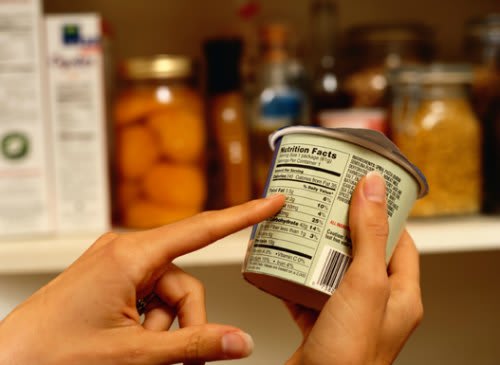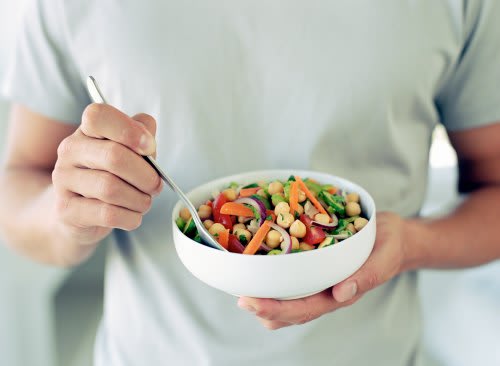Small Changes for High Blood Pressure
Published: May 23, 2016l
By: Jane Wynn, Nutrition Volunteer and Lisa Zarny, MS, RD, CD-N, Clinical Nutrition Manager
With all the summer barbecues and cook-outs coming up, it is important to think about the factors in your life that could affect your blood pressure and heart health. High blood pressure occurs when blood moves through the arteries at a higher pressure than normal. It is estimated that 1 in 3 Americans have high blood pressure. There are many different circumstances that can cause this, but it can be prevented and/or controlled. By changing some eating habits, it is possible to bring your blood pressure down without the use of medication. So the following tips are good to keep in mind.
- Reduce your sodium intake. The American Heart Association recommends a diet with less than 2,300 mg of sodium per day. Extra salt strains your body and causes the arteries to become thickened in order to deal with the extra stress. This thickening causes a narrowing of the arteries for the blood to pass, further increasing the body’s blood pressure. Choosing low-sodium options, limiting salty foods, and using less salt are all good ways to reduce the amount of sodium in your diet.
- Get your potassium. While sodium increases fluid and pressure in the bloodstream, potassium stabilizes this delicate balance and helps lower blood pressure to a healthy level. The best way to get the right amount of potassium in the diet is to add fruits and vegetables to your meal plan. It is a well-known fact that bananas are high in potassium; however, there are many other fruits and vegetables that also contain high amounts of potassium. Some of these foods include apricots, orange juice, avocado, potatoes, asparagus, spinach, mushrooms, yogurt, and almonds. These work to counteract the effects of sodium and improve blood pressure.
- Less stress—lower blood pressure. One way to do so is by sitting down and enjoying a glass of red wine. Remarkably, one glass of red wine can soothe arteries, reduce blood pressure, and decrease the risk of diabetes. Red wine has antioxidant polyphenols from the skins and seeds of the grapes that are beneficial to the body. However, overconsumption of alcohol is shown to cause high blood pressure, along with a host of other health issues. To reap the benefits, red wine consumption should be limited to one five-ounce glass for women and a two-ounce glass for men.
These few changes will help in controlling your high blood pressure. A diet low in sodium, and a lifestyle with limited stress can both be advantageous to lowering blood pressure and maintaining a healthy heart!
Source:
http://www.mayoclinic.org/diseases-conditions/high-blood-pressure/in-depth/high-blood-pressure/art-20046974
Featured Expert/ Author


